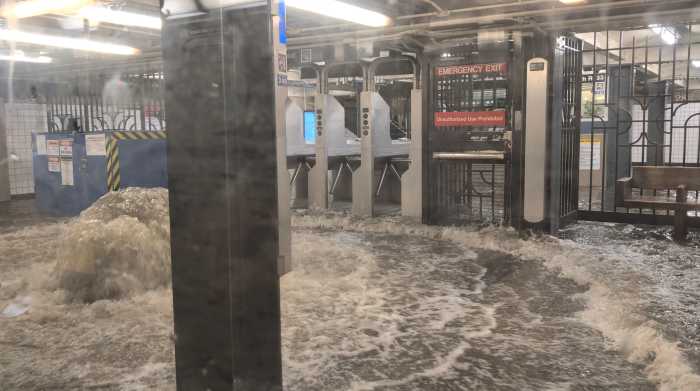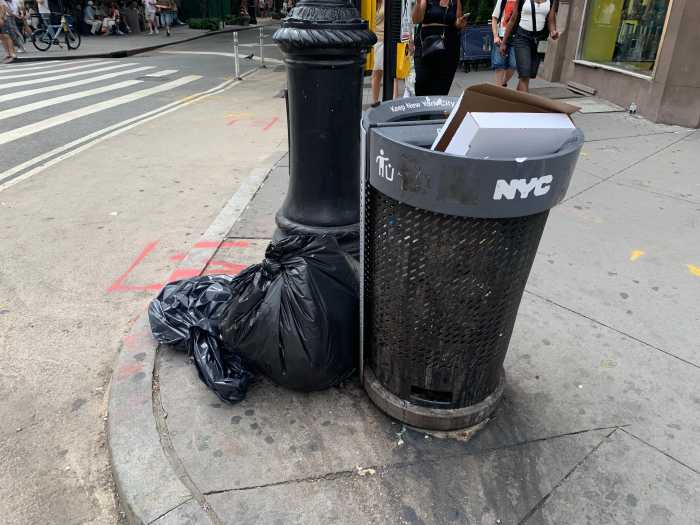Perhaps the greatest service Joseph Maguire performed Thursday was in the framing he gave to the controversy surrounding President Donald Trump’s phone call with Ukrainian counterpart Volodymyr Zelensky:
Unprecedented.
Maguire, the acting director of national intelligence, said the word over and over in response to House Intelligence Committee questions about his handling of the whistleblower’s complaint that led to exposure of the call. It was not hyperbole.
It is unprecedented that a whistleblower law set up to protect someone from exposing, say, a rogue intelligence officer now must safeguard someone implicating the president in an abuse of his power.
It is unprecedented that a president would approve the release of a summary of his conversation with a foreign leader, trying to exonerate himself of allegations that he asked that leader to dig up dirt on a political opponent.
It is unprecedented that Congress, in conducting normal constitutional oversight of a co-equal branch, discovers it lacks a tool kit to deal with a president who flouts laws, rules, norms and conventions.
It is particularly unprecedented that a U.S. president would equate whistle-blowing with treason, disregard essential laws designed to protect those who risk their careers in coming forward by demanding to know the identity of the whistleblower and his sources, and threaten retribution with a chilling reference to execution. “You know what we used to do in the old days when we were smart with spies and treason, right? We used to handle it a little differently than we do now,” Trump told staff of the U.S. mission to the UN.
It was strongman talk, and possibly a case of witness intimidation.
This is the territory we’re in. It’s uncharted. But it’s all the more reason that Congress must continue its investigation even as it must examine the rules governing that process.
That process has been strained by a series of percussive bombshells. The whistleblower’s complaint released Thursday included the allegation that White House lawyers directed White House officials to “lock down” the transcript of the Trump-Zelensky phone call by moving it from the usual computer system where such documents are stored to a protected system reserved for classified information. Now the investigation by Congress includes the possibility of a cover-up.
Maguire, a career military man playing by the rules, brought the complaint to the White House and Justice Department, where Trump and Attorney General William Barr acted to stymie it. Congress, too, has been hampered by refusals to obey subpoenas or answer questions, and questionable assertions of executive privilege for people who never worked in Trump’s administration. So we have a dichotomy — an investigation that must be pursued within a legal structure not designed for these times.
The Ukraine controversy shows laws must be strengthened, especially those protecting whistleblowers who perform an invaluable service in seeking to expose wrongdoing that otherwise might remain secret.
At the root of this struggle is the nation’s fundamental principle that nobody is above the law. Congress must do all it can to deliver on that promise.




































